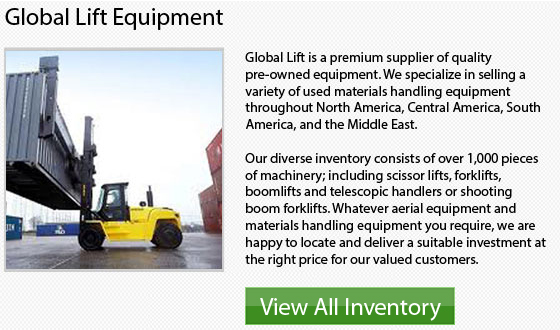
Hazards of Type-G forklifts
The forklift is important for performing warehouse tasks. These really capable equipment lift and move loads of huge size from one location to another. Lift trucks have a lot of variations. The main variation is the way in which various units are fueled. "LP" lift trucks are the most popular type. They operate on liquid propane. Type "E" forklifts have large rechargeable batteries and run on electricity. Type "D" lift trucks use diesel and type "G" use gasoline. Though all kinds of forklifts, like any piece of heavy equipment, can pose a danger, gasoline powered forklifts pose the most risks.
Fire
Type G lift trucks can present a fire hazard. Gasoline-fueled lift trucks are not held to rigorous standards in reducing lessening fire hazards. The biggest cause of fire is because of gasoline leaks which allow gasoline fumes to escape. This could result driving on extremely rough terrain and from normal wear or from accidents. These circumstances pose a danger and could lead to fire. Hence, a standard Type G forklift must never be used in conditions where elevated fire risk is deemed not acceptable. Like for instance, these units should not be used around dangerous or explosive chemicals.
Explosion
Gas forklifts also pose a risk of explosion, as do liquid propane and diesel based forklifts. A gasoline fueled forklift could explode as a result of a serious accident in circumstances where an ignition source and a gasoline leak are both present. An explosion could happen when sparks are created in the collision and the sparks ignite the gasoline.
Fumes and Exhaust
Type G lift trucks pose a serious inhalation hazard due to poisonous fumes. Gasoline fumes can be deadly in high concentrations. Fumes can result from gasoline leaks or from the exhaust itself. Hence, a Type G forklift is really not recommended for any environment that is poorly ventilated. The exhaust would present a serious danger in enclosed spaces. This particular kind of lift truck must be utilized with care when operated in close proximity to individuals.